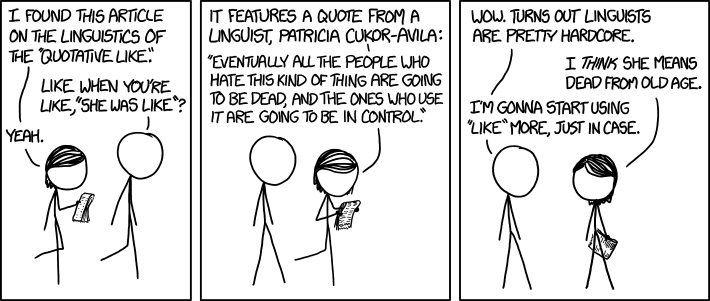A couple of days ago, the package room in the Quad sent me a notice of a FedEx delivery. I figured it was the antique toilet flush valve that I'd ordered, but when I went to pick it up, I discovered that someone had sent me a large, heavy carton of canned dogfood, maybe 70 pounds worth.
I don't have a dog, and had never visited the web site of the company that sent the order. But the order had my full name, correctly spelled, and my correct street address and zip code. So it didn't seem likely that I had ordered this stuff by mistake, nor that it had been delivered in error. A quick phone call to the company — amazingly, a real person answered immediately — verified that someone other than me had placed the order, using an apparently valid credit card associated with an address in Pittsburgh.
Internet fraudsters can be ingenious, and so I briefly wondered whether some convoluted identity theft scheme might be in play, maybe somehow part of mark.liberman.121's machinations? And then I thought of the horse-head-in-the-bed scene from The Godfather — the head for that scene was supplied by a dogfood company — did someone think that a FedEx delivery of the finished product would serve as a euphemistic version of a similar message? Nah, way too subtle to be effective.
But still, I wondered, is there some message that a large carton of canned dogfood, delivered by FedEx, could plausibly convey? And is there someone who would want to convey that message to me? Reflection on the contextual pragmatics of canned dogfood left me no wiser.
Read the rest of this entry »




